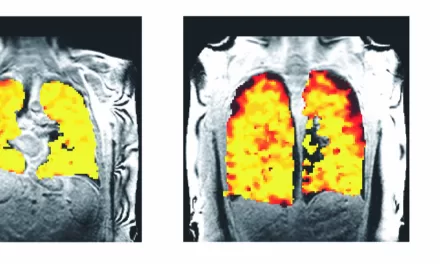Addressing the health risks
There is overwhelming scientific evidence that excessive sugar consumption, particularly through SSBs, is a major contributor to the rise in NCDs, such as obesity, diabetes and cardiovascular diseases, and even dental issues. Sugary soft drinks remain the main source of excessive sugars among children in the WHO European Region.
The easy accessibility and aggressive marketing of energy drinks have made them particularly appealing to young people despite their well-documented health risks. According to recent data from Kazakhstan’s Ministry of Health, over 40% of school-aged children in the country consume energy drinks regularly, contributing to the growing NCD burden.
“The new legislation is a welcome step toward safeguarding people’s health and reducing sugar intake among young people, aligning with WHO recommendations. By limiting access to energy drinks, Kazakhstan can improve health on several levels at once: from tackling the rise of childhood and adolescent obesity, which is linked to long-term health complications, to reducing the immediate NCD risks from diabetes to cardiovascular diseases,” said Dr Skender Syla, WHO Representative to Kazakhstan.
Overcoming industry pressure
The path to implementing this progressive legislation was not without challenges. The beverage industry, which has a vested interest in maintaining sales, exerted significant pressure to prevent the law from being passed. Industry players often argue that such regulations infringe on consumer choice and economic freedom.
“However, health advocates and policy-makers in Kazakhstan are well aware of the robust scientific evidence that emphasizes the critical need to protect young people from the harmful effects of energy drinks and related high sugar consumption. WHO/Europe publications, such as policy briefs and reports with new data on obesity levels, have contributed to open policy discussions in support of the new measures and helped to raise public awareness on these issues,” pointed out Dr Akmaral Alnazarova, Minister of Health of Kazakhstan.
Supporting health policies
To assist Kazakhstan in its efforts to improve public health, WHO/Europe has released a new “Policy brief on the association between sugar-sweetened beverage consumption and childhood overweight and obesity”.
The document provides comprehensive information on the health risks associated with these beverages and outlines evidence-based policy measures that countries can implement to curb their consumption.
The WHO policy brief also addresses common counterarguments presented by the beverage industry, offering policy-makers the necessary tools to counter misinformation and promote health-enhancing regulations. Some of the key policy recommendations include:
- implementing SSB taxation to discourage excessive consumption and generate revenue for public health initiatives;
- enhancing public food procurement policies to prioritize healthier beverage options in schools and public institutions;
- regulating marketing and labeling to ensure that consumers, particularly young people, are fully informed about the risks of SSBs; and
- encouraging health education campaigns to raise awareness about the link between sugary beverages and NCDs.
An example for other countries
“Kazakhstan’s commitment to tackling the public health challenge posed by energy drinks and SSBs serves as an inspiring example for other countries in the WHO European Region. Kazakhstan has demonstrated that strong political will, evidence-based policy-making and collaboration with international health organizations can lead to meaningful progress in public health,” said Dr Kremlin Wickramasinghe, WHO/Europe’s Regional Adviser for Nutrition, Physical Activity and Obesity.
The ban on energy drink sales to minors is a significant step forward, but continued efforts are needed to address the broader challenges associated with SSB consumption. Expanding policies to include sugar taxes, tighter marketing restrictions and improved nutrition education will further strengthen the country’s fight against NCDs and enhance progress towards global commitments, such as the UN Sustainable Development Goals.
By taking bold action, Kazakhstan sends a clear message that public health takes precedence over commercial interests, and that a healthier future is within reach through informed policies and collaborative efforts.












